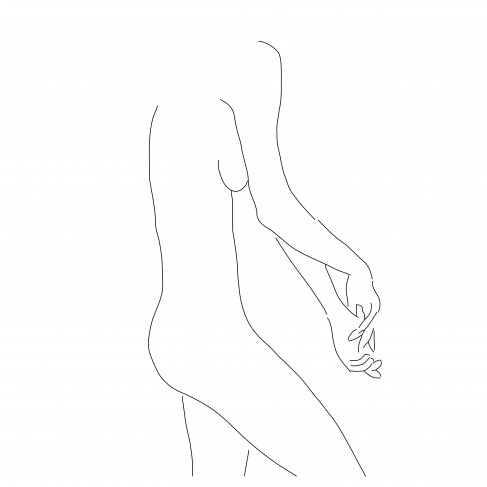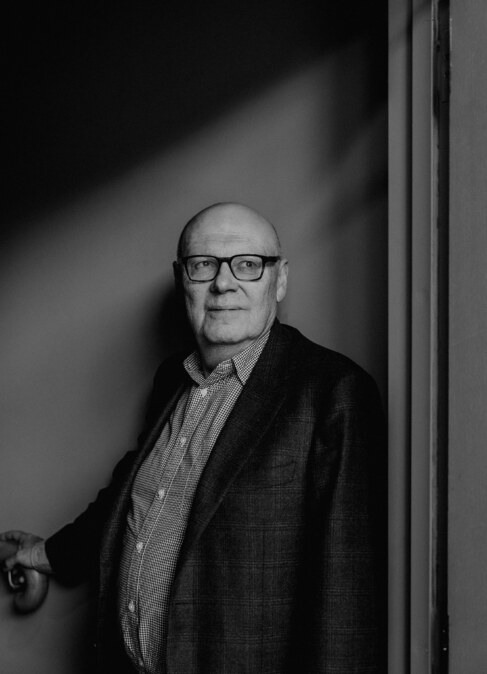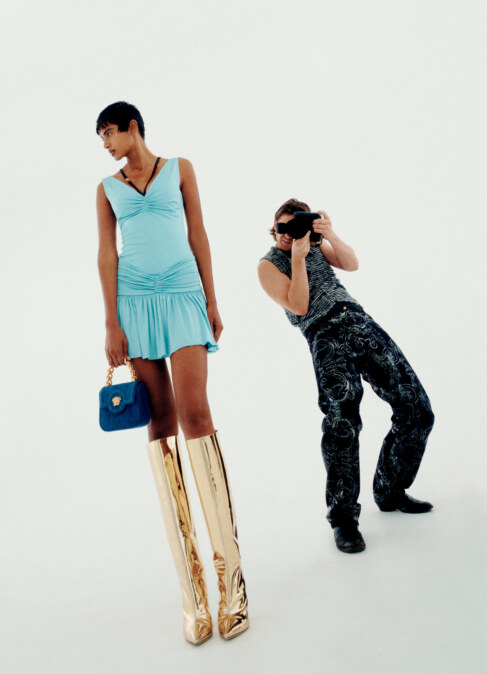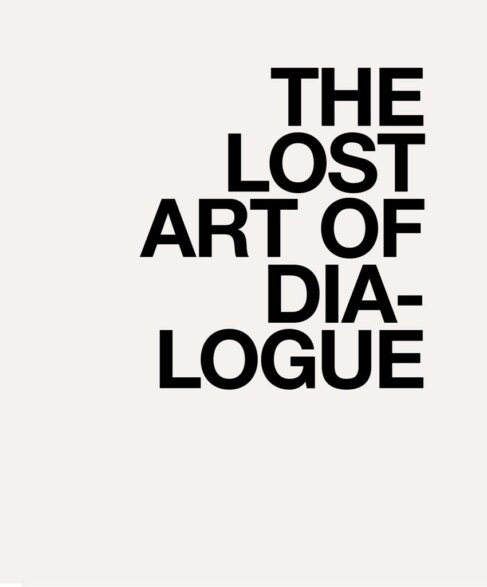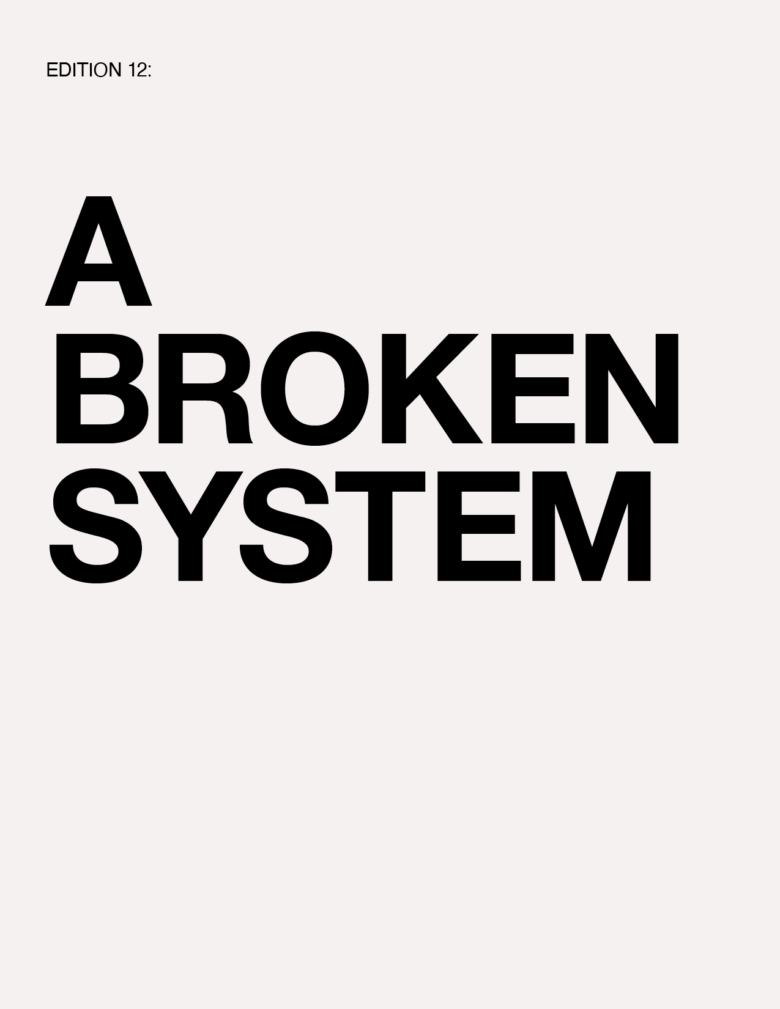
WRITTEN BY: Isabelle Truman
TW: rape and sexual assault
Overseas, the Me Too movement not only started a much-needed conversation about consent but it highlighted that every day, all around us, women being harassed, violated and assaulted. Overwhelmingly, due to the barriers in place, they stay silent, and the cycle continues. But when a hashtag took off on Twitter, following an expose of convicted rapist Harvey Weinstein, there was no option but to address the global epidemic we’re in. The stories and marches that followed resulted in systemic change, prompting organisations to address sexual harassment issues that have historically been ignored or suppressed.
At home, in Australia, however, the uptake was frustratingly slow. Due to unique defamation laws in the country, which essentially prevent media from naming alleged perpetrators in the same way they can in other areas of the world, it’s been near impossible for the movement to take off here as it has done overseas.
Then Brittany Higgins came forward. Higgins’ story of being sexually assaulted in Parliament House in Canberra by an older male colleague proved just how deeply entrenched this problem is: so much so that a young woman could get raped in the very building that was created to protect young women just like her.
Higgins would have had no idea of the ripple effect her bravery would cause. Of the conversations she would invoke, and of the door that would be flung open. Higgins forced the nation of Australia to listen to every girl and woman who’s been sexually assaulted (which, according to recent data is at least 1 in 5 of us).
It’s impossible to overstate how important stories like Higgins’ are. They not only make us realise these events are taking place around us, but that they’re taking place in the very buildings created to protect us. They show us that these issues are systemic, that nothing is going to change unless we continue to put our foot on the gas and continue to facilitate conversations, listen to victims, and change the systems in place. So where to from here?
Marque Lawyers represented both Grace Tame and Christian Porter’s alleged victim and has been at the forefront of ensuring the gag laws Tame successfully overturned in Tasmania were overturned country-wide. Below, Lauren Gasparini, a lawyer at the Sydney-based firm, details what she thinks are essential steps in how we address sexual assault moving forward and how we begin to fix a broken system.
Grace Tame changed a law that prevented victims from speaking out in Tasmania specifically. Marque Lawyers has been at the forefront of helping to change the law in other states around the country. Can you explain what this means for victims and where the process currently stands?
Overturning the gag laws in Australia is a significant step towards changing the narrative around sexual assault in Australia. The existence of the gag laws (and in Victoria, the fact that they were passed as recently as February of last year) is a perfect illustration of how we have historically conceived of sexual assaults, i.e. that to be a survivor is shameful; that survivors require protection and that sexual assaults should not be spoken about. The voices of survivors are the most powerful weapons in the fight against sexual assaults. It is clear that the more survivors are willing to share their stories, the more likely it is that other survivors will feel emboldened to tell their own stories. Speaking out is a critical step in changing the narrative.
The LetUsSpeak campaign successfully led to law reform in TAS, NT and most recently in Victoria (with legislative reform taking effect on 18 Nov 2020). As it stands, there are no gag laws operating in the country that prevent a survivor who wants to tell their story from doing so, without the need for a court order. There is, however, a remaining issue with deceased victims being named in Victoria. It is currently an offence for the identifying details of a deceased victim to be published without the written consent of a victim having been given while they were alive or a court order allowing this. We have recently obtained a court order in VIC allowing the parent of a deceased victim to continue to advocate on her behalf by telling her story and demanding change.
What do you think Brittany Higgins going public with her story and the ensuing allegations and stories to come following her coming forward has done to change the conversation in Australia?
Brittany Higgins is another example of how powerful the voices of survivors can be. Brittany has called for change at the highest level, and the fact that a survivor can be so let down whilst working within our own government just demonstrates the extent of the problem in all areas of our society. Going public with her story has shone a light on how often survivors’ complaints are mishandled and how important it is to support survivors through the reporting process.
In Australia, 2% of sexual assault cases are reported, and only 1 in 10 of those result in a conviction. That’s a terrible statistic, could you explain some of the particular roadblocks that stop people from reporting?
There are huge societal barriers. Survivors are still battling against hundreds of years of sexual assaults being silenced and the default position that survivors won’t be believed.
Survivors have to first identify that a sexual assault has occurred before reporting. Often, survivors won’t even identify as having been the victim of a crime. There are still deeply problematic issues as to blame and responsibility.
In terms of the criminal justice system, survivors face the practical difficulties of having to make a report to the police, in a police station, to a stranger. They have to detail an incredibly traumatic experience in a foreign environment. If survivors are brave enough to make a report, they then face the difficulty of entering the black hole of the criminal process. It’s often not clear to them where their criminal case is at as they lose control of the process after handing it over to the police/prosecution teams.
If the case ends up going to trial (which is rare due to evidentiary difficulties in these types of cases), they face the prospect of cross-examination. Cross-examination is a very confronting process. Its purpose is to attempt to discredit the survivors’ account of what happened to them. Going through this process can re-traumatise survivors, demonstrating the inappropriateness of the criminal justice system’s response to sexual assault cases.
I find it so crazy that sexual assault victims need to deal with the police as their first point of contact and that there’s not a speciality unit trained specifically to deal with these traumatic events—especially as a lot of people, specifically First Nations peoples, and those with lower objective socioeconomic status have really valid reasons to not trust the police…
I absolutely agree with this. There are sexual assault units operating within police stations but it is imperative that comprehensive training is provided to these police officers who are dealing with survivors at their most vulnerable. Other resources (including psychological support) should be made available to survivors at the reporting stage, too. Without these processes, survivors are at risk of further harm being caused to them, simply as a result of their attempts to report.
There are still a lot of misconceptions about what the ‘perfect victim’ looks like. For example, we have such a strong idea in our culture that sexual assault is a stranger following you in a park or down an alley when, in reality, it’s almost always someone you know. How do we change this narrative?
The only way to change this narrative is for survivors to continue telling their stories. The more conversations that are had, the less pervasive this idea of stranger danger will be. Sexual assaults happen every day and happen in so many different contexts, including within relationships. We need to believe survivors and support them in coming forward, to encourage those who have stayed silent to follow suit.
What do you think people who are considering taking legal action should know first? What will that process actually look like?
The loss of control is important to understand. Once a survivor tells the police and records a formal statement, it will be up to the police to decide whether to refer that case to prosecution. Survivors often don’t understand this process and where their case is up to is often not clear to them, which can cause distress. If cases are referred, survivors need to understand that cross-examination is very difficult. Informal and formal support networks will be key in fighting against re-traumatisation by going through the criminal justice system. My advice would be for survivors to lean on those supports and to ask questions of the police and prosecution so that they understand as much about the process as possible.
What do you think are changes at the legislative level that could be made to help encourage victims to come forward, as well as to help justice prevail more often?
Overturning the gag laws was the first step. We need to change the definition of consent so that sexual assaults are understood at a national, unified level across society. We need an affirmative consent model that is clear to understand and to follow. We need to ensure that perpetrators cannot rely on a defence of reasonable belief in consent, in circumstances where perpetrators are unable to show that they took positive steps to ensure that consent was present.
How do you see the future looking?
There is a lot of work to do—legislative reform won’t work without a change in societal attitudes. The best way to achieve this is through being open and encouraging critical debate about these issues. No one has all the answers but it is promising that people are starting to ask the questions.
If you or someone you know is impacted by sexual assault, family or domestic violence, call 1800RESPECT on 1800 737 732 or visit www.1800RESPECT.org.au. In an emergency, call 000
___
SIDE-NOTE acknowledges the Eora people as the traditional custodians of the land on which this project was produced. We pay our respects to Elders past and present. We extend that respect to Aboriginal and Torres Strait Islander peoples reading this.

